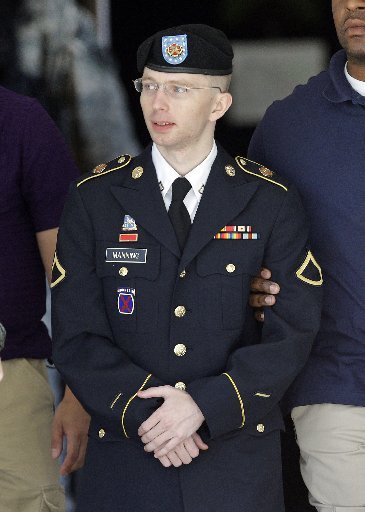Manning: “I didn’t help the enemy”. The judge: “Only guilty of minor charges”

Manning: “I didn’t help the enemy”.
The judge: “Only guilty of minor charges”
FORT MEADE – He was guilty of ten minor charges. He admitted to violating military regulations. But he denied any responsibility for federal enemy aid laws. Private Bradley Manning tried to avoid life imprisonment outside the Fort Meade Court in Maryland. And the military judge, Denise Lind, proved him right. In this way he faces a maximum of 20 years in prison.
The soldier – accused of having delivered to Wikileaks thousands of secret files of the Pentagon and the State Department – it is thus saved from the most serious accusations: espionage and collaboration with the enemy. Manning said he acted of his own free will, “not under pressure from Wikileaks” when he passed hundreds of thousands of top-secret State Department and Pentagon documents to Julian Assange’s site.
The soldier explained that he did it “because the public needed to know”, and only after trying to offer the same material to the Washington Post and the New York Times without receiving an answer. And then: “I didn’t think I would hurt American interests, just embarrassed the government by revealing the background of its international contacts”
As for the ‘warlogs’ of the Army from Iraq and Afghanistan, the motive for the leak was to explain “the real costs of the war”. Many drops that had overflowed the vase, but above all the video of the attack of an Apache helicopter on Iraqi civilians: “The reaction of the American military on board upset me. They were talking about children killed as ‘dead bastards'”.
The military judge accepted Manning’s partial guilty plea. But despite this, military prosecutors could still decide to resort to a new court martial against the Wikileaks mole on the remaining charges: including that of helping the enemy who has the potential to pass Manning the rest of his days in prison.
(February 28, 2013)


